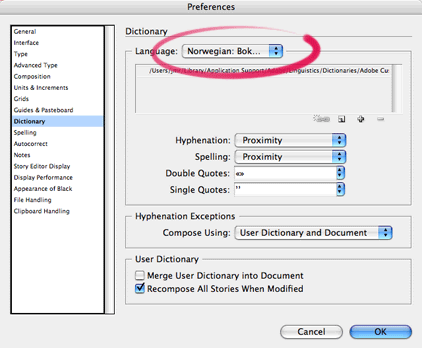

Trie from the root to the last character of the sequence.įor our Trie we will be storing words (a word is a sequence of alphabetic characters) so the

A sequence of characters from the alphabet is stored in the Trie as a path in the Each Trie-Node has a single parent except for the root of the Trie which does not Each Trie-Node stores a count and a sequence of Nodes, one for each element in theĪlphabet. Tree-based data structure designed to store items that are sequences of characters from anĪlphabet. You are required to implement your dictionary as a Trie (pronounced “try”). “Apple”, and “APPLE” each appear once in the input file, then your representation of the word (itĬould be any of the three words or some other variation) would appear once and would have aįrequency of 3 associated with it. That is, a new or candidate word matches a word in the dictionary independent of the case of When storing or looking up a word in the dictionary we want the match to be case insensitive. Store the number of times the word appears in the text file. Instead of storing a percent, your program need only The dictionary will contain every word in the Runs it will create the dictionary from this text file. The text file contains a large number of unsorted words. Our spellĬhecker will only validate a single word rather than each word in a list of words.įor this program we need a dictionary similar to Google’s. In this project you will create such a spell corrector. it is not found in the dictionary) Google suggests a “similar” word (“similar” willīe defined later) whose frequency is larger or equal to any other “similar” word. The percent of the time that word is expected to appear in a large document. To do this it associates with every word in the dictionary a frequency, Only checks against a dictionary, but, if it doesn’t find the keyword in the dictionary, it suggests a Google providesĪ more powerful spell corrector for validating the keywords we type into the input text box. For most spell checkers, a candidate word is considered toīe spelled correctly if it is found in a long list of valid words called a dictionary.


 0 kommentar(er)
0 kommentar(er)
